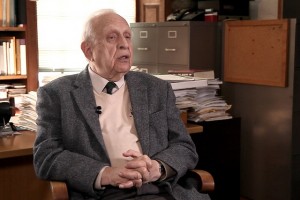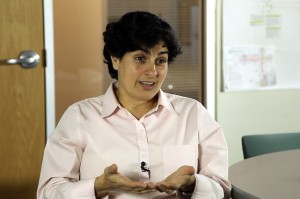Ice-like Phonons in Liquid Water Discovered
New research attempts to resolve the debate about water's structure
What improvements in measurement technology have been done over the last 50 years? How do quantum physics and relativity help us to be more precise? What it can be applied to in our usual life? Senior Lecturer of Physics at Harvard University Ronald Walsworth speaks on understanding things at the quantum mechanical level.
Science advances with new concepts, new ideas, it also advances with new discoveries, requiring new data. And it usually requires advances in the ability of the tools, the measurement tools to be more sensitive and more precise. So, throughout the last century and before advances in measurement tools, in measurement precision have been a key to advances in science.
Atomic clocks are our best tools that exist for measuring anything and that is time or the passage of time. There’s been tremendous improvement over the last 50 years in terms of our ability to measure the time. To put that in some perspective, that would be a clock whose time varies only by one second over the entire history of the Universe, 13.7 billion years.
Global Positioning System is a network of satellites, each containing an atomic clock, sending signals to the ground into various receivers on the ground, each one keeping time very accurately. You can calculate the motion, the speed of what you’re moving by the Doppler shift.

New research attempts to resolve the debate about water's structure

Physicist Roy Glauber on light, quantum coherence, and development of the laser

MIT Prof. Nergis Mavalvala on Poisson distributed noise sources, squeezed states of light, and optical cavitie...